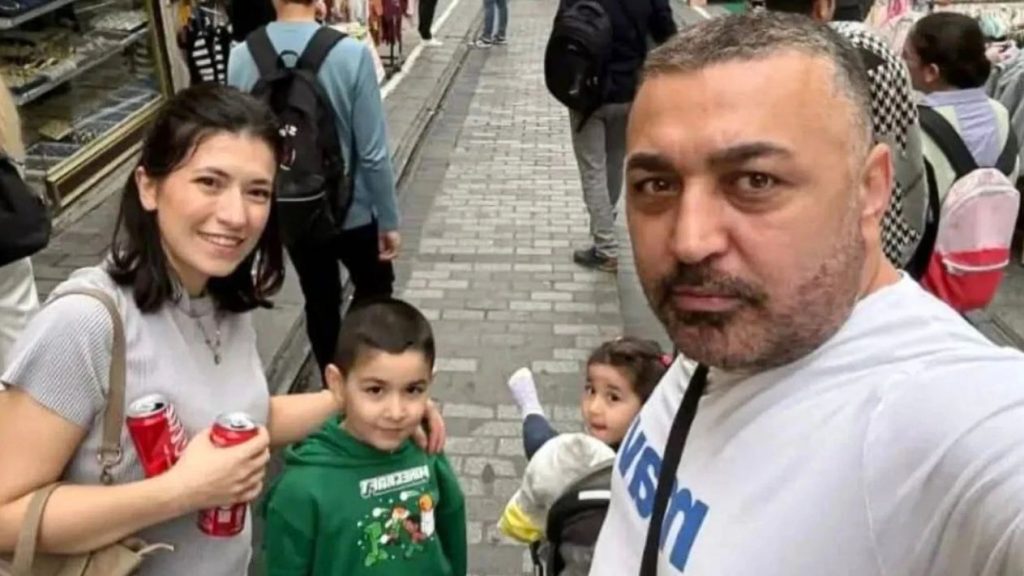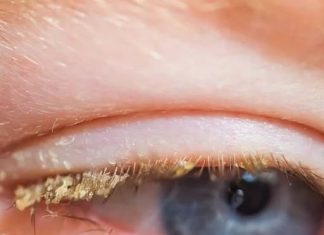A German family from Hamburg went on what was supposed to be a joyful holiday in Istanbul but the trip ended in a devastating tragedy. The family of four began feeling sick soon after arriving at their hotel, complaining of nausea, dizziness, and vomiting. What officials first believed to be food poisoning later turned into a chilling investigation hinting at a far more dangerous cause.
Sudden Illness and Hospitalization
The family’s health deteriorated rapidly after returning to their hotel following meals out. Both children — aged three and six — were rushed to the hospital, as was their mother and father. The younger children tragically passed away soon after, and the mother also lost her life in the days that followed. The father remained in intensive care in critical condition, with reports later declaring he had passed.

Chemical Exposure, Not Food Poisoning
While early reports focused on food consumed by the family — including local street dishes — new evidence shifted the investigation toward a possible chemical poisoning incident. Authorities discovered that the hotel room had recently been treated with a potent pesticide. Investigators suspect that the toxic substance used during bedbug fumigation, possibly aluminum phosphide, may have traveled through the hotel’s ventilation system, carrying harmful gas into the family’s room.
Serious Legal Response
In response to the tragedy, multiple arrests were made. Eleven individuals — including pest-control workers and hotel staff — were taken into custody as prosecutors examine whether the pesticide was used negligently. Authorities also evacuated and sealed off the hotel, collecting samples from various locations: bedding, linens, even water bottles. This helped investigators build a clearer picture of how the poisoning might have happened.
The Substance Behind the Suspected Poisoning
Aluminum phosphide, the suspected chemical, is known to be extremely hazardous if inhaled. Experts warn that it is dangerous and that there is reportedly no known antidote if a high enough dose reaches people. One worrying detail raised by authorities is that the pest control worker who carried out the treatment may not even have been properly certified.
Wider Consequences for Other Guests
This wasn’t an isolated incident. Other guests at the same hotel reportedly began experiencing similar symptoms — nausea and vomiting — prompting concerns that more people might have been exposed to the same toxic gas. After the incident came to light, the hotel was swiftly emptied and inspected to prevent further harm.
Investigators Dig Deeper
Forensic teams are now analyzing blood samples from the deceased to detect traces of the suspected poison. Meanwhile, legal authorities are working to determine accountability. Arrests have been made, but many questions remain: Who approved the use of such a dangerous chemical? Was safety protocol followed? And how could such a powerful poison reach rooms where innocent guests were staying?

A Warning About Safety Standards
This heartbreaking case serves as a stark reminder of the risks that can come with pest control, especially in hospitality settings. Using overly dangerous chemicals — or handling them improperly — can pose a severe threat not only to pests, but to human life. It underscores the need for stronger regulation, certified applicators, and strict safety measures.
Remembering the Family
The two children, their mother, and father had traveled hundreds of miles, hoping to enjoy time together in a vibrant city. Tragically, their story turned into a heartbreaking nightmare. The investigation continues as their loved ones demand justice and answers about how a routine vacation became a fatal chemical disaster.

















